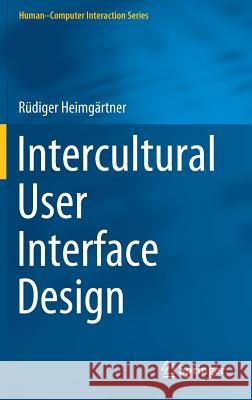Intercultural User Interface Design » książka
topmenu
Intercultural User Interface Design
ISBN-13: 9783030174262 / Angielski / Twarda / 2019 / 352 str.
Intercultural User Interface Design
ISBN-13: 9783030174262 / Angielski / Twarda / 2019 / 352 str.
cena 369,08
(netto: 351,50 VAT: 5%)
Najniższa cena z 30 dni: 346,96
(netto: 351,50 VAT: 5%)
Najniższa cena z 30 dni: 346,96
Termin realizacji zamówienia:
ok. 16-18 dni roboczych.
ok. 16-18 dni roboczych.
Darmowa dostawa!
Kategorie:
Kategorie BISAC:
Wydawca:
Springer
Seria wydawnicza:
Język:
Angielski
ISBN-13:
9783030174262
Rok wydania:
2019
Wydanie:
2019
Ilość stron:
352
Waga:
0.70 kg
Wymiary:
23.39 x 15.6 x 2.24
Oprawa:
Twarda
Wolumenów:
01
Dodatkowe informacje:
Wydanie ilustrowane











